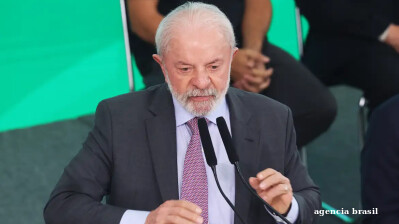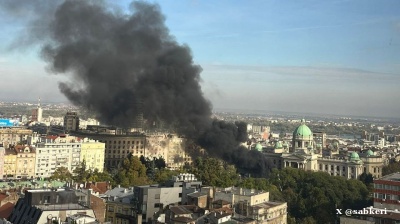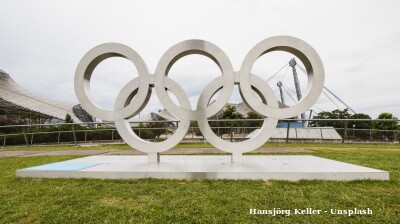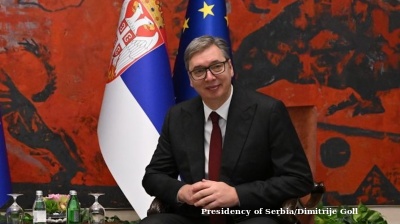Israel has expressed disquiet at the prospect of the US delisting Iran’s Islamic Revolutionary Guard Corps (IRGC) as a foreign terrorist organisation (FTO).
However, when former US president Donald Trump designated the IRGC as an FTO in April 2019, it was seen as a highly controversial move because Washington had never before labelled another nation’s military in such a way. Tehran immediately responded by declaring US Central Command (Centcom), the Pentagon wing that oversees US security interests in regions including the Middle East, a terrorist organisation. Many old Middle East hands warned that the US move could place American troops in danger in the region and Iran’s state-run TV said the designation was not permitted by international law. “No other country has the legal right to designate as terrorist another country’s armed forces ... Iran’s influence in the Middle East and its success in fighting against Islamic State are reasons behind this designation,” the broadcaster said. Iran’s forces and the militias they back were widely seen by experts at the time as having done far more to destroy Islamic State in Iraq than the US did.
Israeli Foreign Minister Yair Lapid indicated on February 21 that the US may be open to delisting the IRGC as a terrorist group, and called on international actors to convince the White House to reject this Iranian demand, Middle East Eye reported.
"Everyone in his right mind should talk to the administration about this and tell them, 'This is just wrong, don't do that'," Israel's top diplomat was reported as saying in Jerusalem at the Conference of Presidents of Major American Jewish Organizations.
"The world cannot agree to these audacious conditions... It cannot allow tens of billions of dollars to flow to Iran [because of the lifting of sanctions] nor allow it to continue to spread terror around the world," he added.
The day before Lapid spoke on the matter, Israeli Prime Minister Naftali Bennett gave the same warning, saying that Tehran was demanding that the IRGC be delisted.
"Iran is demanding to delist the IRGC. Do you understand? They are now asking to let the biggest terror organisation on earth off the hook," Bennett said at the Conference of Presidents.
One problematic consequence of the IRGC designation for Iranian Americans is that it bars any individuals linked with the elite military group from entering the US, meaning some Iranian Americans are unable to see family members whose mandatory military service was completed in the IRGC.
The demand for the de-designation is thought to have been made by Iran at the Vienna talks, where Tehran and major powers are attempting to seal a deal that would resurrect the 2015 nuclear deal, or JCPOA, that binds Iran to verifiably keeping its nuclear development programme entirely civilian in return for the lifting of sanctions.
Lapid was reported as saying that Israel is in close contact with the US on other ways of stopping Iran from becoming a nuclear threshold state, while observing that his country is not a party to the emerging nuclear deal mark II and would not be bound by its terms.
"To be clear: We are not subject to this deal. Israel will protect its security by itself. We have a strong army. We have the Mossad. We have a determined government. We will not hesitate to act to prevent Iran from reaching its goal," he was cited as saying at a meeting of his Yesh Atid party.
News

Switzerland reopens Baghdad embassy after 30-year closure
Switzerland reopened its Baghdad embassy after 30 years, with Iraqi and Swiss foreign ministers officiating ceremony reflecting confidence in Iraq's stability and signalling expanded economic cooperation.

Brazil's Lula announces fourth presidential run at 80
Brazilian President Luiz Inácio Lula da Silva has announced he will seek re-election in October 2026, confirming his candidacy during a state visit to Indonesia on October 23.

Serbian president blames opposition for “terrorist attack” outside parliament
President Vucic blamed opposition groups for what he described as a “terrorist act” outside the National Assembly in Belgrade, after a 70-year-old man opened fire on a camp of government supporters and set fire to one of their tents.

IOC sanctions Indonesia over Israel visa ban
The International Olympic Committee has announced that international sports federations will be advised not to hold competitions or meetings in Indonesia after the country barred Israeli athletes from entering.




